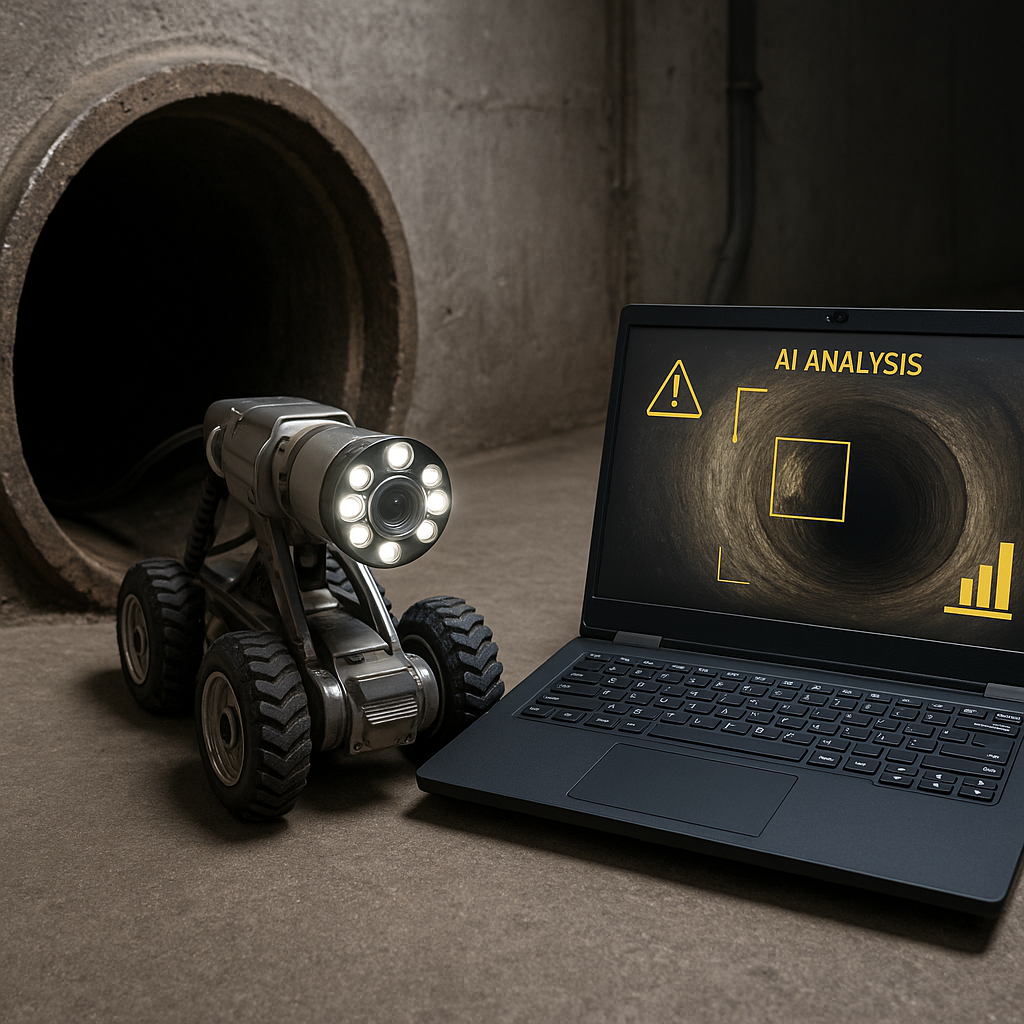Mastering Sewer Inspection Pricing in 2024
Explore effective pricing strategies for sewer inspection businesses in 2024, focusing on tech trends and market dynamics.

Mastering Sewer Inspection Pricing in 2024
Sewer inspection businesses are navigating a rapidly evolving landscape in 2024. With the integration of new technologies, changing regulations, and shifting market demands, it's crucial to develop robust pricing strategies that reflect these dynamics. This article delves into effective pricing strategies for sewer inspection services, providing insights into current industry trends, technological advancements, and market opportunities.
Understanding New Technologies and Their Impact on Pricing
Advanced Equipment and Technologies
The adoption of cutting-edge technologies is reshaping the sewer inspection industry. Key innovations include:
- Robotic and ROV Systems: These enhance accessibility and efficiency, particularly in challenging environments.
- High-Resolution 4K and Ultra-HD Cameras: Improve inspection accuracy, providing detailed visuals for better diagnostics.
- Wireless and Portable Systems: Increase flexibility and reduce setup time, enabling cost-effective inspections.
AI and Machine Learning Integration
The integration of AI and machine learning is transforming defect detection and classification. This automation reduces labor costs and speeds up reporting, allowing businesses to offer competitive pricing while maintaining high service quality.
Cloud-Based Solutions
Cloud-based data storage and real-time monitoring enhance data management, providing additional value through seamless collaboration with clients and stakeholders.
Navigating Industry Regulations and Standards
Regulatory Trends
While specific updates for 2024 are not detailed, there's a discernible shift towards proactive maintenance. Municipalities are increasingly adopting technology-enabled inspections to comply with modern infrastructure standards. This shift supports premium pricing by emphasizing the value of high-quality inspections.
Market Trends and Business Opportunities
Growth in the Sewer Inspection Market
The sewer inspection camera market is projected to grow from USD 1.20 billion in 2024 to USD 2.50 billion by 2033. This growth is driven by:
- Aging Infrastructure: Increasing demand for inspections to maintain safety and functionality.
- Urbanization: Expanding urban areas necessitate more comprehensive sewer management solutions.
Emerging Market Opportunities
Emerging economies present significant growth opportunities. Developing tailored pricing strategies for these regions can help businesses capitalize on infrastructure development needs.
Safety Protocols and Best Practices
Enhancing Safety with Technology
Robotic and remote inspection systems reduce the need for confined space entry, thus enhancing worker safety and reducing liability risks. Highlighting these safety improvements can be a key component of your pricing strategy.
Predictive Maintenance
AI-driven analytics support predictive maintenance, helping clients lower long-term costs. Charging based on value delivered rather than just time spent can justify higher service fees.
Developing Effective Pricing Strategies
Tiered Pricing Models
Differentiating services through tiered pricing models can be effective. Consider offering:
- Basic Visual Inspections: At a lower price point.
- Advanced AI-Assisted Diagnostics: With higher fees reflecting the value of predictive maintenance.
Value-Added Services
Emphasize cost savings through proactive maintenance and reduced emergency repairs. This approach can justify premium pricing, especially when combined with digital reporting and cloud data access.
Geographic and Market Segmentation
Tailor your pricing strategies based on regional market conditions. Emerging markets may require competitive pricing, while mature urban areas might support premium services.
Conclusion
In 2024, successful sewer inspection pricing strategies will hinge on leveraging new technologies, understanding market trends, and meeting evolving regulatory standards. By adopting tiered pricing models and emphasizing the value of advanced technology and safety improvements, businesses can enhance their competitive edge and profitability.